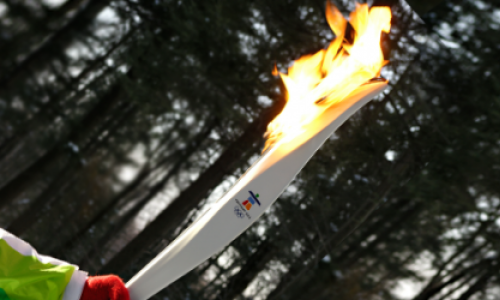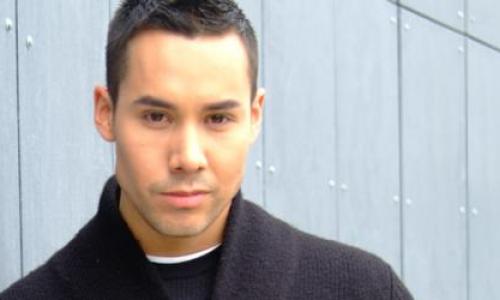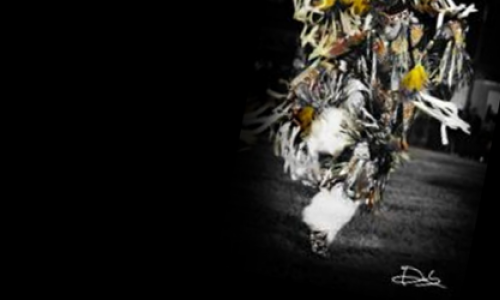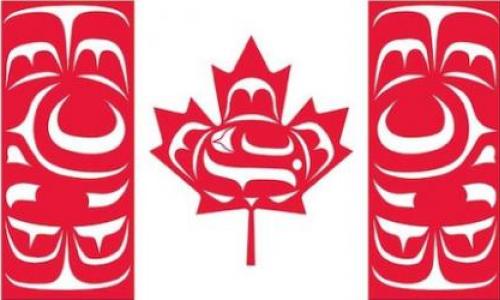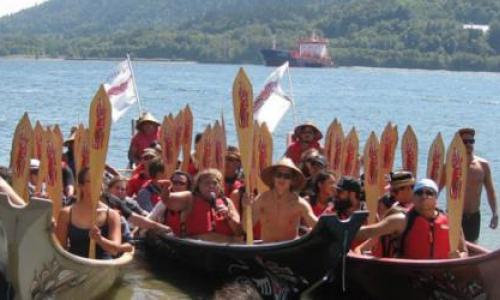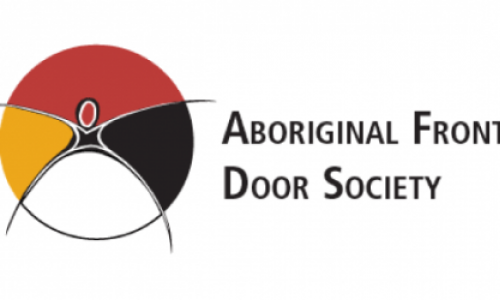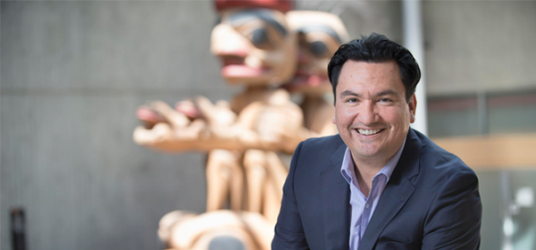
Ian Campbell, hereditary chief of the Squamish Nation, is a visionary who has ambitious plans for his people.
“We’re moving away from managing welfare to managing wealth,” he says. And now that he has graduated with an SFU Executive MBA in Aboriginal Business and Leadership (EMBA-ABL), he has the knowledge to forge ahead with ideas for projects. These include developing the Jericho Lands in Vancouver and pursuing development and business collaborations with other First Nations.
Campbell, 41, was among 17 students aged 32 to 57 who graduated this year from Canada’s first credited MBA for established Aboriginal leaders, entrepreneurs and others working with Aboriginal communities. In 2013,BCBusiness magazine acclaimed the program as one of B.C.’s 10 most significant innovations.
Campbell concurs. He was accepted into the SFU Beedie School of Business program without an undergraduate degree, but with significant career experience. He says the program “absolutely delivered” on formal business skills and tools while also recognizing and addressing how to incorporate traditional Aboriginal protocols and knowledge.
“I’m employed as lead negotiator in intergovernmental relations for the Squamish Nation,” he says. “We’re engaged in significant projects throughout our territory that deal with intergovernmental relations, business opportunities and investment. So my focus in the EMBA was fourfold: creating a vision, structuring our nation’s corporate division, building capacity within the nation and inspiring our young people.”
Another graduate, Pamela Goldsmith-Jones, was elected as Liberal MP for West Vancouver-Sunshine Coast in the Oct. 19 federal election. She was the only non-Aboriginal student in the first cohort. The program’s second cohort began in September 2015 with 30 students, five of whom are not Aboriginal. Campbell says the 33-month part-time EMBA ABL program is very timely, and credits SFU’s courage and foresight in creating it. Program director Mark Selman, who conceived and championed the program, says it addresses an important change in B.C.’s business environment. “First Nations are getting access to resources they never had in the past,” he says. “They have money to invest, and opportunities. Businesses are realizing that in terms of managing their risks, they need to work with First Nations.”
Adds Campbell, “As Canada goes through reconciliation we really have to ask ourselves, ‘what are the actions that go with that?’ The leadership SFU exemplified in creating this program has inspired many of our Indigenous groups to move beyond the status quo. We’re now in transition to recreate ourselves—not in isolation but with the rest of Canada.”
The Executive MBA in Aboriginal Business and Leadership explores contemporary business issues and knowledge while recognizing that the traditional protocols and ways of understanding the world are also growing and changing as new generations assume responsibility for moving forward. The program includes the core concepts and knowledge included in most MBA programs, but recognizes that traditional knowledge also plays a significant role in aboriginal leadership and decision making. It is designed for Aboriginal and non-Aboriginal students working within this context.
Beyond the Blog
-
Learn more about Executive MBA in Aboriginal Business and Leadership









